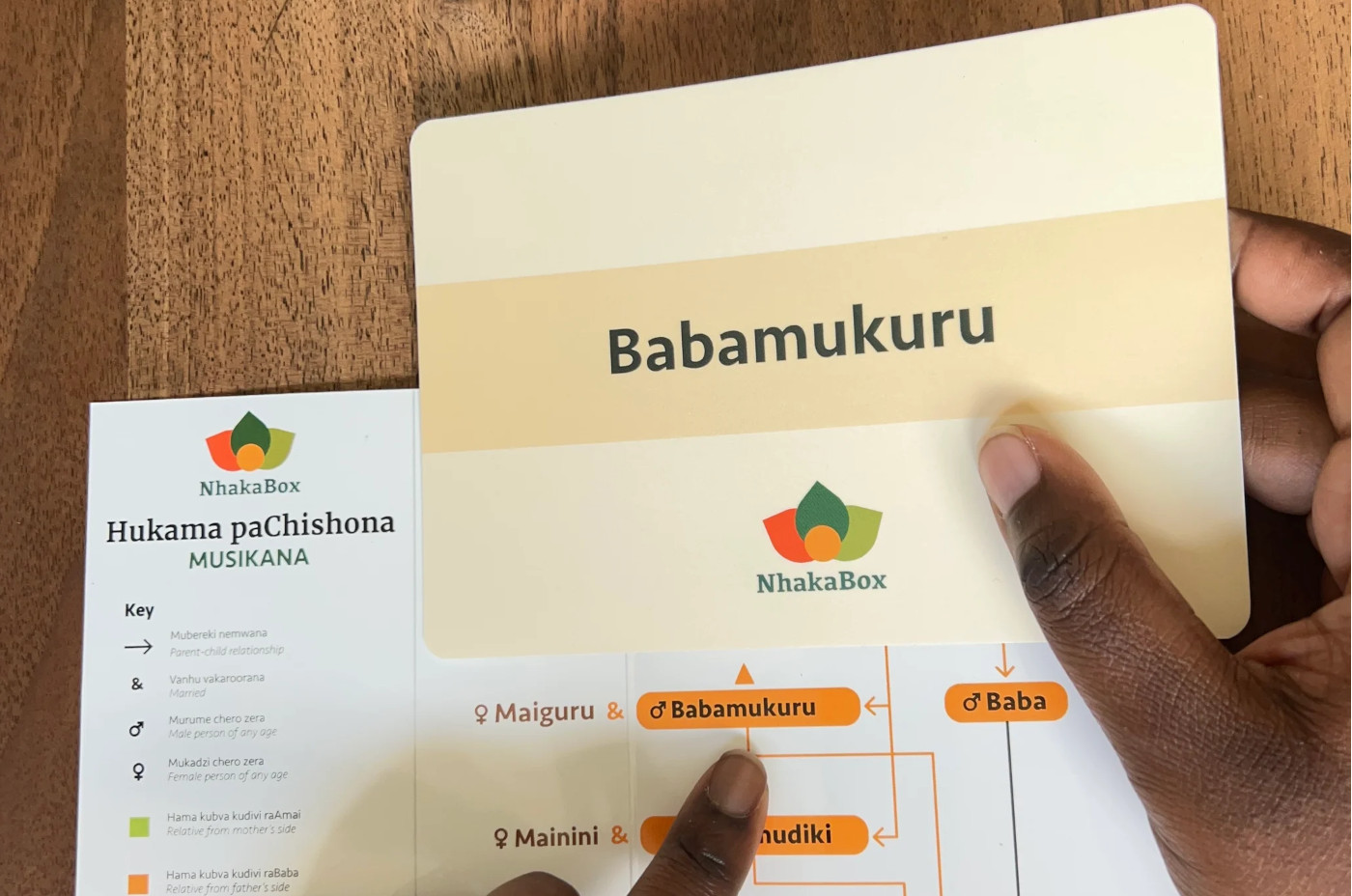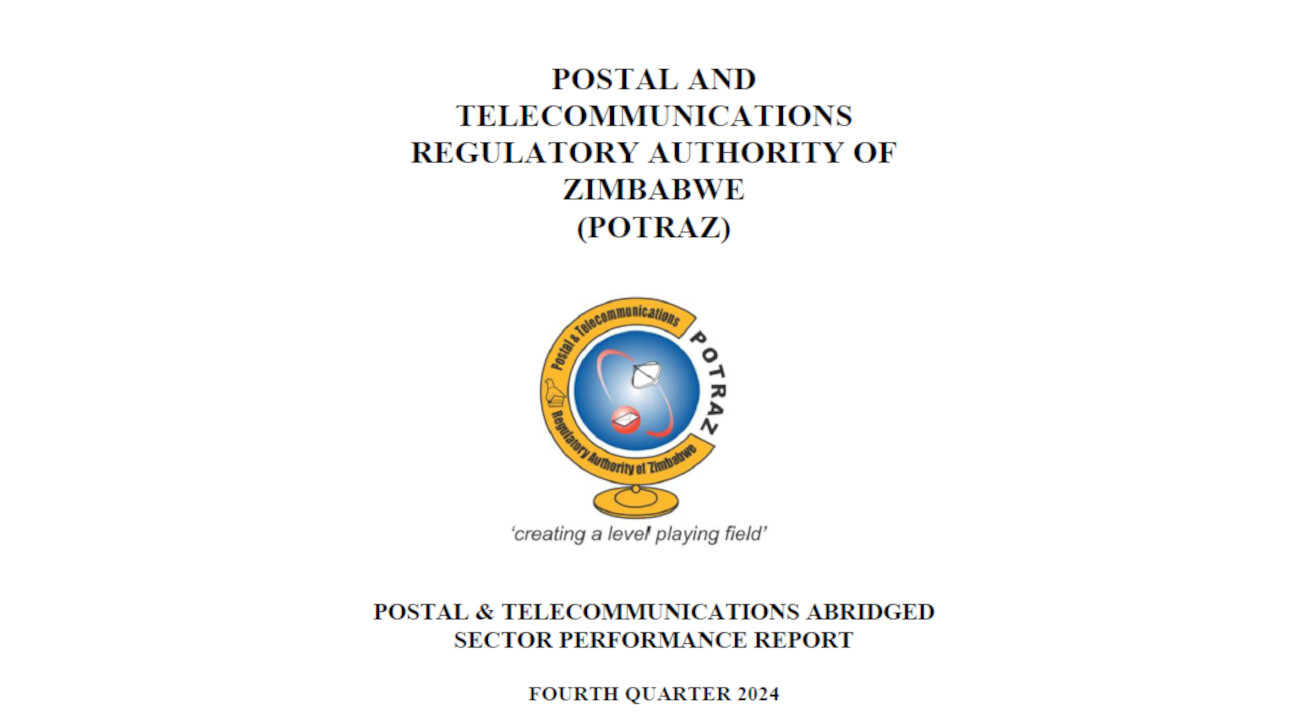A recent study published in the Journal of the American Geriatrics Society suggests that regular internet use may be linked to a reduced risk of dementia in older adults.
Dementia involves a progressive loss of cognitive abilities, including memory, attention, language, and problem-solving skills, ultimately resulting in a loss of independence.
Zimbabweans don’t know much about the disease and unfortunately, dementia sufferers have been thought to be bewitched. The memo that it’s not always ‘ngozi’ hasn’t reached some places.
So, while the disease is prevalent, it is underdiagnosed and underreported. However, I’m sure many of us have seen the disease ravage a loved one. It’s a sad state of affairs.
In Zimbabwe, an estimated 27 377 people are living with dementia, a figure which is expected to increase to about 80 386 by 2050.
Dementia is an old people disease. The majority of dementia cases occur in individuals over the age of 65. However, it can affect people in their 40s, 50s, or even younger.
So, back to the study I mentioned above. A recent study in the Journal of the American Geriatrics Society indicates a potential connection between regular internet use and a lower risk of dementia in older adults.
Get Granny on the internet
Key findings of the study are:
- Moderate Internet Use: Regular internet use, defined as using the internet daily, was associated with a lower risk of dementia compared to non-users.
- Excessive Internet Use: However, excessive internet use, defined as more than 2 hours per day, might increase the risk of dementia.
- Cognitive Stimulation: The study suggests that regular internet use may stimulate the brain, potentially leading to cognitive benefits.
Researchers tracked adults aged 50–65 over 17 years and found that regular internet users had a significantly lower risk of developing dementia (1.54%) compared to non-users (10.45%).
So, you might want to get that Starlink kit and a budget smartphone and get Gogo and Kule on the interwebs from wherever they are. If that’s not attainable, I would imagine that anything else that helps stimulate their brains can be a stopgap substitute.
Do note that the study is not conclusive, hence the use of the words ‘suggests’ and ‘indicates’. The study found a link between internet use and dementia risk, but it doesn’t prove that one directly causes the other. More research is needed to fully understand this relationship.
While the exact relationship between internet use and dementia remains complex, the findings suggest that moderate internet use can be beneficial for cognitive health in older adults. So, get Gogo on TikTok but tell her not to overdo it.


![[Event] Discover AR: Demystifying Augmented Reality for Everyday Innovation](https://t3n9sm.c2.acecdn.net/wp-content/uploads/2025/05/AR3.jpeg)










Comments
8 responses
They are not going to like it!
They won’t. Just like we won’t line line whatever crazy tech they’ll have when we’re older. We have to force them but the stubbornness of old age is something else.
“Excessive Internet Use: However, excessive internet use, defined as more than 2 hours per day, might increase the risk of dementia.”
We are all going to go coo coo in the brain. Don’t let Prof Ncube read this. It’s the basis for another tax. Take your article down, Leonard!!!!
Zimbabwe you how it is?
🤣🤣🤣 If the esteemed Professor sees this we’re in trouble. But yeah, if 2 hours a day is considered excessive then we’re in deep trouble.
For some, they had no choice but to upgrade from kambudzi to a smart phone with whatsapp after the children moved across borders. Whatsapp is indispensable for those with children and grandchildren out of the country.
True, WhatsApp helped get a good number online. International voice calls are priced such that they are forced to adapt.
I have an uncle suffering from the disease. It’s nasty. Apa there’s no cure.